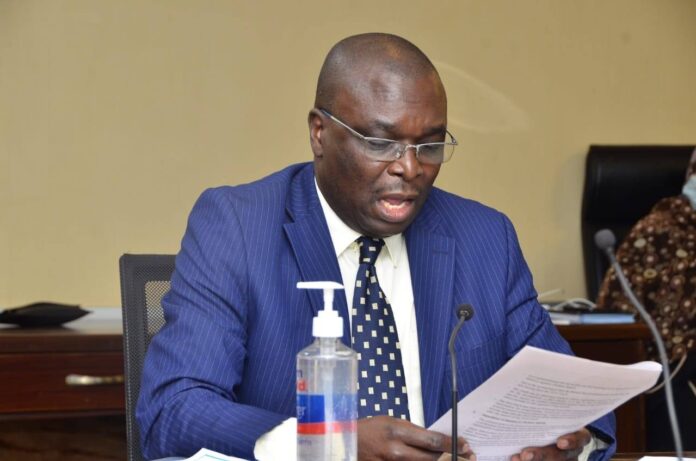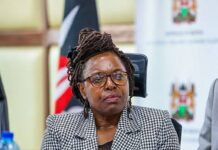The Kenya National Bureau of Statistics (KNBS) is under increasing scrutiny after it emerged that staff from just five dominant ethnic communities now constitute 64% of its workforce, effectively excluding 14 other Kenyan communities from meaningful representation.
Critics say the imbalance echoes troubling trends observed in other public institutions like the National Social Security Fund (NSSF), where five tribes controlled nearly 74% of employees, leaving over 17 tribes with no representation, as revealed earlier this year.
Under Section 66 of the County Governments Act and safeguards in the NCIC Act, a public body is prohibited from allowing more than 70% representation from a single ethnic community.
Additionally, at least 30% of entry-level hires must come from outside the dominant group. The KNBS’s current makeup likely places it far outside these legal thresholds.
Observers warn such staffing “homogeneity” undermines national cohesion and entrenches ethnic favoritism.
A Senate cohesion spokesperson bluntly noted in recent hearings that “if you’re not from the tribe in control, your application is automatically excluded.”
Similar sentiments were heard during the NSSF inquiry, highlighting political patronage and hiring discrimination.
Broader Implications
- Public distrust: A repetitive pattern across state agencies weakens confidence in Kenya’s commitment to inclusive governance.
- Marginalization risk: By sidelining 14 communities, KNBS risks further disenfranchising already underrepresented groups.
- Constitutional discord: The imbalance may violate the values and principles of publicservice outlined in the 2010 Constitution, which mandates equitable ethnic representation.
What Needs to Happen
- Full staff audit – KNBS must undergo immediate ethnic-diversity assessment, similar to those conducted by NCIC and PSC.
- Reform hiring policy – Implement a transparent quota ensuring at least (especially entry-level) go to underrepresented communities.
- Oversight & reporting – Establish regular updates to Parliament and publish staff ethnicity breakdowns publicly.
- Leadership accountability – Those responsible for unlawful hiring must be held accountable, perhaps via Senate oversight or judicial review.
Marsabit Senator Mohamed Chute, heading the Senate Cohesion Committee, remarked; “This isn’t just about numbers it’s about fairness and national unity. We cannot allow state institutions to become tribal fiefdoms.”
Calling for a “reset button,” Chute affirmed the Senate would push for accountability and structural reform.
KNBS’s internal staffing issue isn’t isolated it reflects wider systemic problems. Reports show that across counties and state corporations, dominant tribes routinely monopolize hiring, marginalizing others from critical state structures.
As the Senate readies inquiries, all eyes are on KNBS leadership to see whether it can pivot toward a more inclusive public service reflecting Kenya’s rich ethnic diversity.
In an era of devolution, ensuring fair representation in national institutions is crucial not just for legal compliance, but for fostering unity and trust among citizens.
Written By Ian Maleve



















